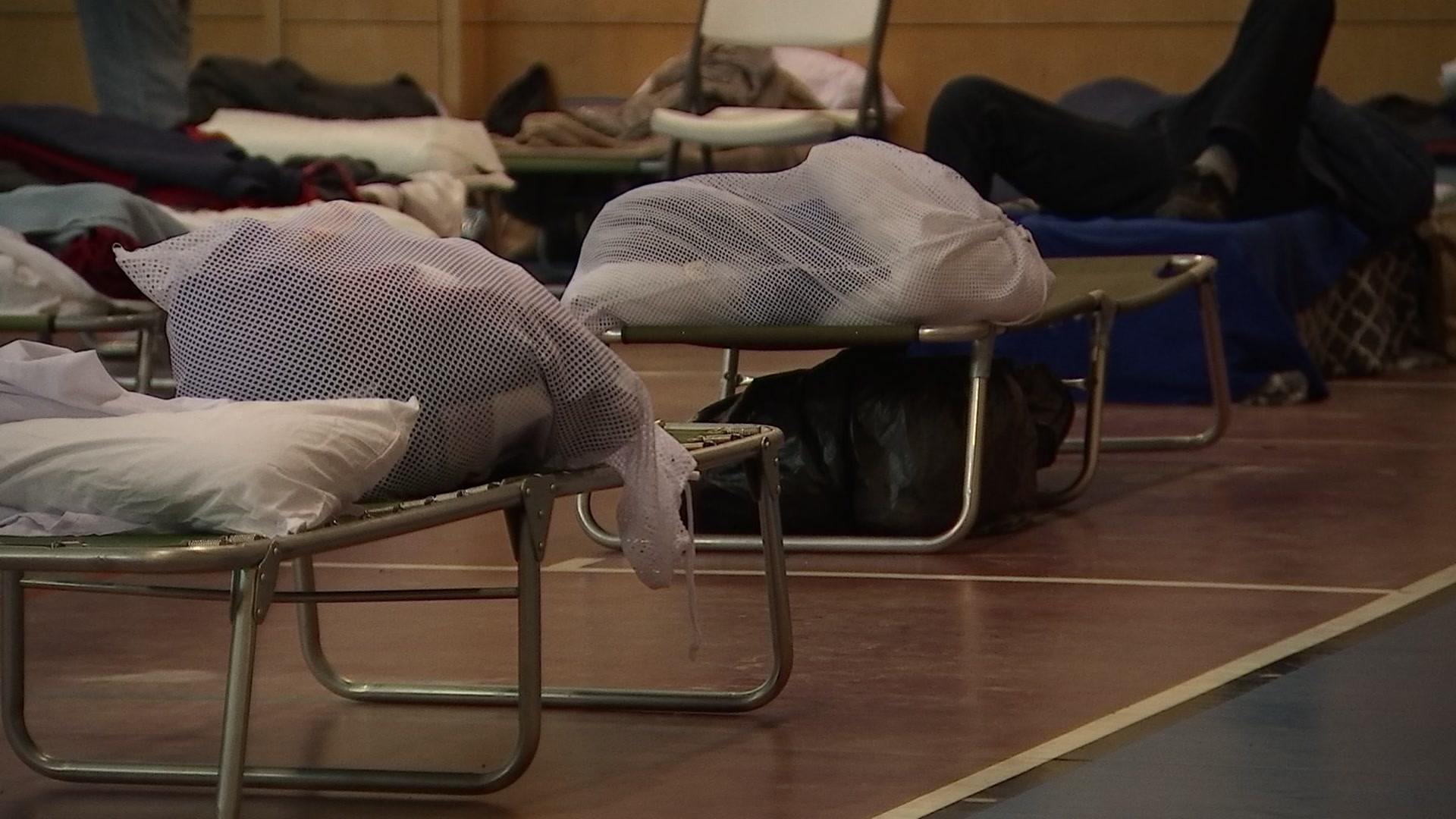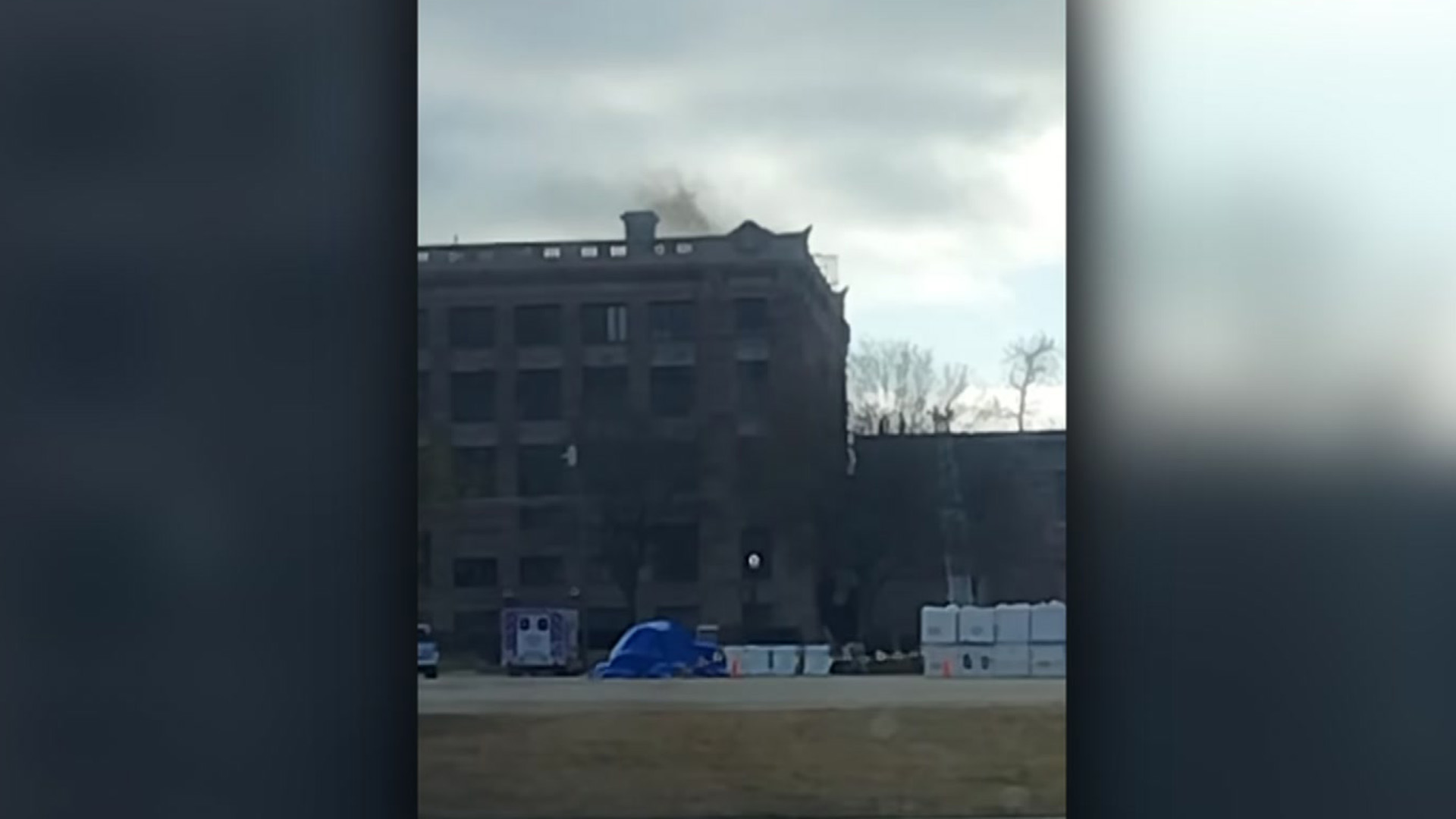What to Know
- Larry Moore with the Tarrant County DA's office says all forms of CBD are illegal, even those with no THC, unless you have a prescription.
- If found in possession of CBD oil, you could face a felony or misdemeanor depending on whether THC is present.
- The Texas Attorney General refused to give an opinion on CBD oil unless requested to do so by a state official or agency.
If you’ve been out at all recently, you’ve likely seen it advertised, CBD oil, a hemp-based substance that is the newest health craze, claiming to help everything from epilepsy to a sore elbow.
In North Texas, like across the country, it’s sold in high-end establishments, complete with CBD for dogs, as well as in head shops, where it shares the shelves with rolling papers and bongs.
But is it legal in Texas?
Well, that depends on who you ask.
NBC 5 Investigates posed that question to the Texas Attorney General’s Office and they answered by canceling a scheduled interview.
Instead, a spokeswoman for the state’s chief legal officer sent us an email that said: “The Office of the Attorney General cannot provide a legal opinion on the sale, distribution and use of CBD oil …” unless formally requested to do so by a state official or agency.
Considering the growing popularity of CBD, and the increasing number of mom-and-pop stores that are selling it, it would be easy to assume it’s legal.
In North Texas, however, the Tarrant County District Attorney’s Office has a different opinion, and it means jail time, possibly for a felony, for people possessing even small amounts of CBD.
One of Billhymer's clients is a young man, with no prior criminal record, who was arrested with CBD oil.
Local
The latest news from around North Texas.
It happened during a routine traffic stop, on a Tarrant County road, after the man told the officer he had CBD in his car, purchased at a local shop for insomnia.
“He’s just trying to find his way in life and he has literally been knocked to his knees by this,” said the man’s mother, who spoke on condition that she and her son remain anonymous, because his case has not been completely resolved.
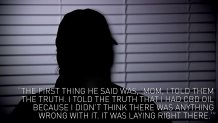
“The first thing he said was, ‘Mom, I told them the truth. I told them I had the CBD oil because I didn’t think there was anything wrong. It was laying right there,’” said the mother, whose son was initially charged with a felony, later downgraded to a misdemeanor.
The charge was ultimately dismissed, after he completed a first-time offender program, but his arrest remains on record, for now, until he formally asks the court for expungement.
CBD is short for cannabidiol, derived from the cannabis plant. But unlike marijuana, it does not produce a high.
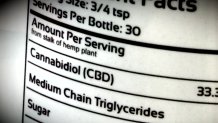
High or no high, is it legal?
“No. Absolutely not,” said Larry Moore, chief of the Tarrant DA’s criminal division.
The one exception, Moore said, is for seizure patients, who can legally get the oil if they have a prescription and go to one of the few licensed dispensers in the state.
The prosecutor said that in Tarrant County, it is a felony to possess CBD with any trace amount of THC, the component that, in larger amounts, produces a high. It is a misdemeanor, he said, to have THC-free CBD.
Asked if he was willing to lock up the soccer moms and senior citizens who have been drawn to CBD by its advertised health benefits, Moore said, “We are going to enforce the law.”
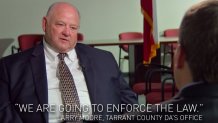
“If there’s people that think this ought to be legal, the legislature is where you go and make that argument. It’s not my office,” he said.
But not all district attorney’s in North Texas agree on what state law says about CBD.
The DA’s office in Denton County said in a statement that, “given the current state of the law,” it is “currently not pursuing CBD-only cases.”
In Dallas County, the district attorney’s office said it will not aggressively prosecute CBD cases, but will “watch closely and look at on a case-by-case basis.”
The Collin County District Attorney’s Office declined to comment specifically about CBD, saying only that it is “working through these issues in collaboration with our local law enforcement partners.”
With no clear answers on the legality of CBD, users like Sandra Walker, of Dallas, are left to worry, wonder and argue for the benefits of the oil.
“I would tell them that this stuff saved my life,” said Walker, who was left with severe pain and blinding headaches following a car crash.
Doctors initially prescribed powerful opioids, which Walker said had their own crippling effects.
“I couldn’t enjoy life at all. I was still in pain ... I couldn’t connect with my friends and family,” she said.
CBD, Walker said, lifted the pain without the side effects.
“I live life again. I live a fabulous life,” she said.

But until there is a better understanding on what’s legal, and what’s not, CBD users should be cautious, said the mother of the man arrested in Tarrant County.
“They can have a felony charge brought against them, and it can have a huge, negative impact in their life ... for something they innocently purchased at a store,” she said.
Adding to the confusion, some CBD shops tell customers that their products, even with low amounts of THC, are legal, thanks to the recent passage of a federal farming bill that legalized commercial hemp production.
But state’s still decide their own rules and Texas has not legalized hemp production. Additionally, the Food and Drug Administration said it’s still against federal law to market CBD products as dietary supplements, or as an ingredient in food.
The U.S. Drug Enforcement Administration said it is still reviewing the newly passed farm bill to understand its impact on issues related to CBD. The agency has previously said it CBD was not a high priority, instead, focusing its attention on the opioid crisis.
In Tarrant County, the DA’s office told NBC 5 Investigates local police seem to be giving CBD shops a bit of a grace period because there is so much confusion on what the law says.
But the office was quick to add: that grace period may not last forever.

